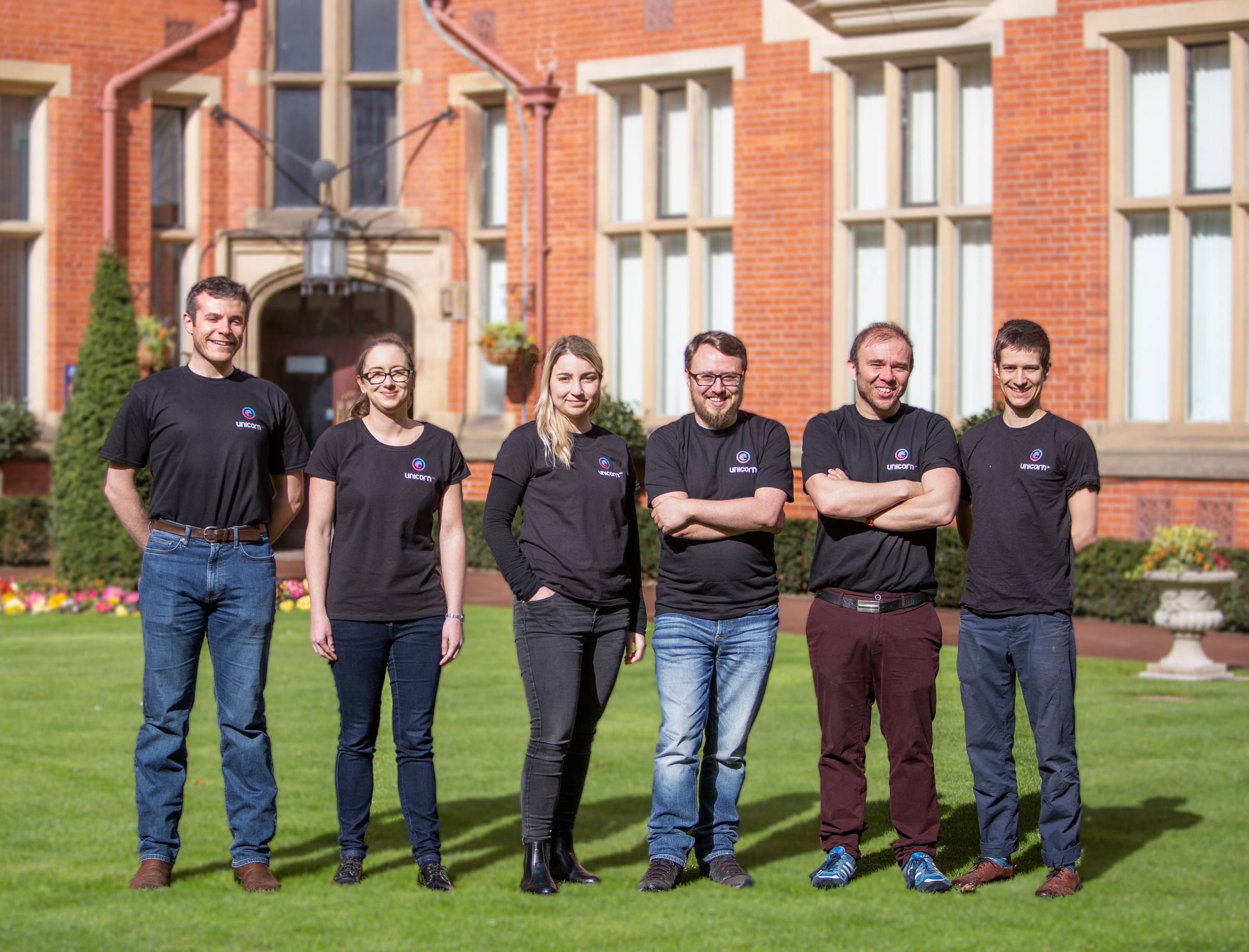Cultivated meat, grown in a bioreactor quite than out on the vary, is likely to be one of many massive meals traits of the last decade. Nevertheless it’s counting on tech constructed round multiplying yeast and micro organism cells, not animal tissue — and Unicorn Biotechnologies needs to alter that with new gear created with mass meals manufacturing in thoughts. It’s simply raised $3.2 million to show its prototype bioreactor right into a industrial product.
Although we hear about new cultivated meat corporations and funding rounds with frankly wonderful frequency (this one occurred whereas I used to be penning this!), there are elementary questions on whether or not this methodology of rising meat can scale. The easy truth is that animals like cows are grown in large environments which might be principally empty or full of hay; each gram of cultivated meat comes by means of an costly, advanced machine that in all probability wasn’t designed to do that stuff within the first place.
“Most biomanufacturing techniques have been designed and optimized for making micro organism (making enzymes) or yeast (brewing beer) or are centered on making the byproducts of animal cells (vaccines), not the animal cells themselves,” mentioned co-founder and CEO of Unicorn Bio, Jack Reid. “Utilizing this legacy {hardware} to domesticate meat requires one to reengineer the cells. Our strategy and core conviction is that it’s truly simpler, and in the end higher, to design new {hardware} techniques aimed to foster the expansion across the cells, quite than making an attempt to suit these cells to present engineering techniques.”
In fact it’s not like these corporations with massive cash are simply shopping for stuff off the shelf. However the trade is transferring quick and critics have identified that even essentially the most wildly optimistic figures are paltry in comparison with the normal meat trade. In the event that they wish to change the world, they’ll want to exchange greater than 1% of beef.
Unicorn goals to alter that with automation and modularity constructed with scaling in thoughts from the beginning.
“At the moment, one of many greatest challenges for biomanufacturing is bioprocess optimization. It might take years — and even many years — to scale a bioprocess to large-scale bioreactors (think about metal tanks the dimensions of a small home),” Reid mentioned. Unicorn’s modular strategy makes use of many smaller techniques working in parallel; smaller volumes are simpler to manage, and in addition simpler so as to add or subtract to fulfill demand or exchange others.
Reid additionally claims the next stage of automation for its machines — which, to be clear, are nonetheless at prototype stage. However bioreactors have been solely very not too long ago solely present in biotech and pharmaceutical laboratories and aren’t precisely designed for straightforward operation and customization.
“We’re making a system that’s automated end-to-end. To function it, you don’t want a Ph.D., you merely must ‘plug in’ your beginning components, choose the product you’re rising and let the system maintain the remainder,” he mentioned. Whereas there’s nearly actually a bit of extra to it than that, the system will use built-in sensing, machine studying and industrial automation tech to this finish. A few of these can already be discovered within the improvements of different cultivated meat startups, nevertheless it’s a fast-moving sector.
In the end Unicorn doesn’t wish to make meat itself however act as an enabler for others within the trade.
Whereas the potential for cultivated meat is very large (to scale back greenhouse fuel emissions, animal struggling and to extend meals safety in our quickly altering local weather), it will solely be realized if breakthrough applied sciences are made out there to all the gamers establishing this area,” mentioned Reid.
If an organization has found an incredible cell line or progress methodology however isn’t an professional in engineering bioreactors or nutrient circulate, they’d be capable of arrange Unicorn {hardware} as they scale up quite than repurposing tech from a unique period.
Reid disagreed with a number of the extra outspoken critics of the potential of cultivated meat, however mentioned it’s true that with at this time’s expertise (which is to say, yesterday’s) we are able to’t probably hit the volumes essential to make a dent within the moral and environmental points elementary to elevating animals for slaughter. Innovation is important to make even the smallest impression.

Picture Credit: Unicorn Biotechnologies
The $3.2 million seed spherical ought to assist transfer Unicorn ahead; it was led by Acequia Capital, with participation from SOSV, Marinya Capital, Alumni Ventures, C3, CULT Meals Science and others. They’ve already spent a few of it to rent up a bit and want to present a proof of idea scale machine able to producing kilograms of cells by the top of the yr. Pilot tasks with companions may start round that point, or in early 2023.
“Though a lot work stays forward,” mentioned Reid, “We retain the conviction that sustained innovation on the intersection of biology, engineering and bioprocess automation will proceed to unlock tangible applied sciences to assist the cultivated meat ecosystem obtain its full potential.”

























